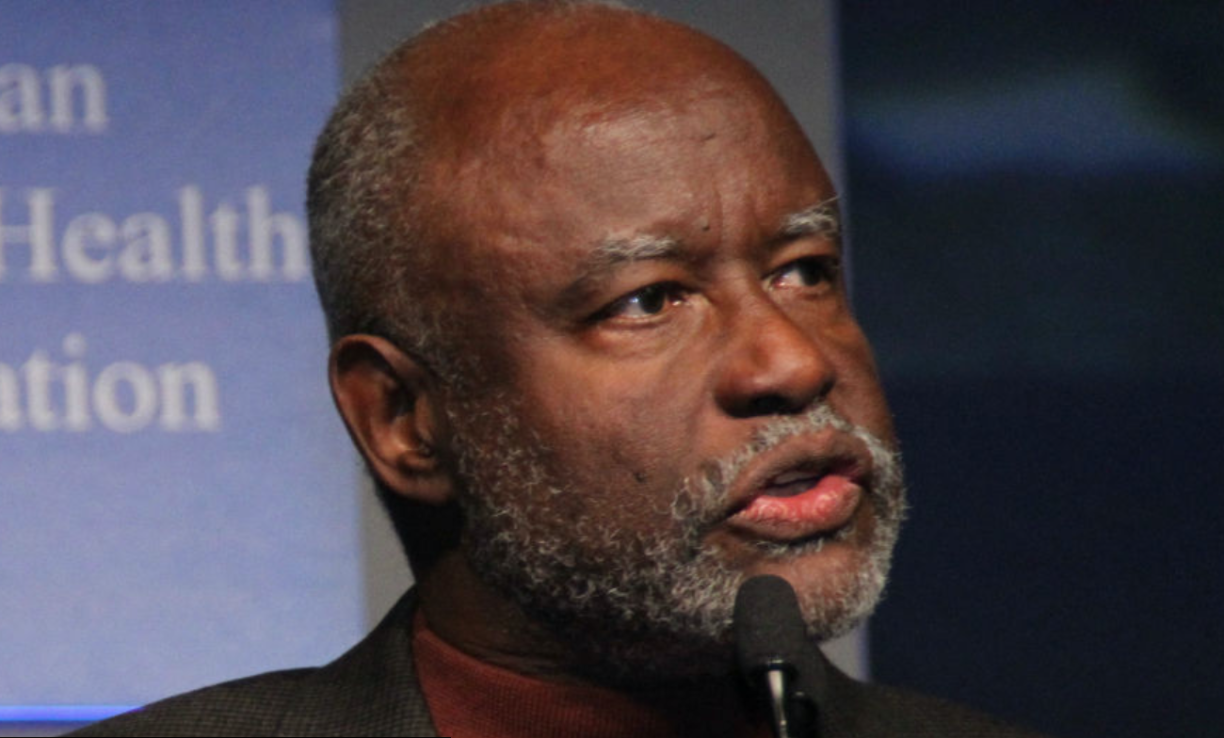Back To Blog
HBCUs on the Frontline of the Covid-19 Pandemic
September 30, 2020Written by: Morehouse College
This post is dedicated to the loving memory of Bill Jenkins, who was a friend and mentor to many in the public health community. His legacy will live on through his students and everyone fortunate enough to come into contact with him.
______
The Covid-19 Pandemic has disproportionately impacted racial and ethnic populations in the U.S. The pandemic's general impact has sparked the unprecedented pace of clinical trials set forth by the Department of Health and Human Services dubbed Operation Warp Speed (OWS).1 The ambitious goal of OWS is to produce 300 million doses of Covid-19 vaccines by January 2021. The accelerated clinical trial timeline involves public-private partnerships with the U.S. Government, pharmaceutical companies, private industry, colleges, and universities.
One challenge of clinical trials is the relatively low participation of ethnic and racial minorities, including Black and Latinx populations. Long before the Covid-19 Pandemic, the National Institutes of Health (NIH) was mandated by the Public Health Service Act "to ensure the inclusion of women and minority groups in all NIH-funded clinical research in a manner that is appropriate to the scientific question under study."2 Researchers have argued that increasing "the participation of all minorities in clinical trials is critical for the production of knowledge about new therapies because having diverse research participants can improve the generalizability of medicine."3
Consequently, Historically Black Colleges and Universities (HBCUs) have been encouraged to participate in clinical trials, which has been met with some consternation and debate. Conversations around participation of Black people with the health care system often harken back to the historical role that racism has played in medicine (e.g., Tuskegee Study, Henrietta Lacks, Mississippi Appendectomy, forced sterilization, Marion Sims). Despite the need for representation, participation in clinical trials requires trust and ongoing engagement by the medical establishment to ethnic and racial minority populations.
The U.S. Covid-19 mortality rate is ten times higher among the Black population compared to the white population. Nearly one in three Black Americans know someone personally who has died of COVID-19.4 The higher mortality is linked to structural inequities instead of assumptions of biological differences based on race that purportedly places populations of color at increased risk. The Covid-19 pandemic inequities are a byproduct of the systemic racism embedded within the healthcare system and the larger society. Consequently, racism, not race, has been deemed a public health threat and has long resulted in the lack of trust in the medical establishment and ultimately lower participation in clinical trials.
HBCUs have consistently been at the forefront of training researchers and health care providers. Over a century ago, then Atlanta University faculty member, W.E.B. Du Bois, set out for the World Fair in France to present "a general sociological study of the racial conditions in the United States," that chronicled and interpreted the social conditions fueling racial inequality. Du Bois wanted to use science to subvert and refute social Darwinist paradigms. Du Bois is one of the earliest theorists to describe the social determinants of Black populations' health. In addition to the seminal work of Du Bois, HBCUs founded medical schools and some hospitals when predominately white institutions refused to admit Black people.
The Atlanta University Center has also played a prominent role in the health of Black populations in the U.S. and globally. A substantial number of renowned medical doctors received their first degrees from one of the AUC schools, including Morehouse College alum and former Secretary of Health and Human Services, Dr. Louis Sullivan, and Surgeon General Dr. David Satcher. Another prominent Morehouse College alumnus, Dr. William “Bill” Jenkins was one of the first three African Americans to earn a Ph.D. in epidemiology from the University of North Carolina, School of Public Health. Dr. Jenkins was a scientist at the Centers for Disease Control and Prevention, worked with the Tuskegee Program survivors, and in 1982 founded Project Imhotep and the Public Health Science Institute, which continues to be responsible for training a substantial proportion of undergraduates and graduates in public health. The Public Health Science Institute, under the guidance of Dr. Cynthia Trawick, a student of Dr. Jenkins, supports students in Atlanta University Center who minor in public health. With support from the CDC, Dr. Jenkins helped lay the foundation for developing master's in public health (MPH) programs at several HBCUs.
The AUC is also home to the Morehouse School of Medicine (MSM). MSM was recently awarded funding from the Department of Health and Human Services and the Office of Minority Health to "lead the initiative to coordinate a strategic network of national, state, territorial, Tribal and local organizations to deliver COVID-19- related information to communities hardest hit by the pandemic." As the COVID pandemic continues to impact communities of color disproportionately, HBCUs and our graduates will continue to be at the forefront of finding solutions as educators, clinical trial volunteers, research scientists, partners, and visionaries reimagining a more equitable health system.
[1] Operation Warp Speed. https://www.hhs.gov/coronavirus/explaining-operation-warp-speed/index.html
[2] Title 42-The Public Health and Welfare 289a-2 https://www.govinfo.gov/content/pkg/USCODE-2011-title42/pdf/USCODE-2011-title42-chap6A-subchapIII-partH-sec289a-2.pdf
[3] Fisher, J. A., & Kalbaugh, C. A. (2011). Challenging assumptions about minority participation in U.S. clinical research. American journal of public health, 101(12), 2217–2222. https://doi.org/10.2105/AJPH.2011.300279
[4] Goldstein, A. & Guskin, E. (2020). Almost one-third of Black American know someone who has died of covid-19, survey shows. https://www.washingtonpost.com/health/almost-one-third-of-black-americans-know-someone-who-died-of-covid-19-survey-shows/2020/06/25/3ec1d4b2-b563-11ea-aca5-ebb63d27e1ff_story.html
______
Sinead Younge is the Danforth Endowed Professor of Psychology at Morehouse College.

Tag(s):
Morehouse Faculty